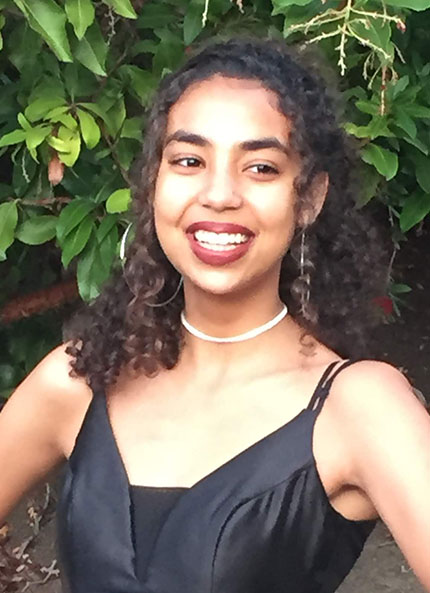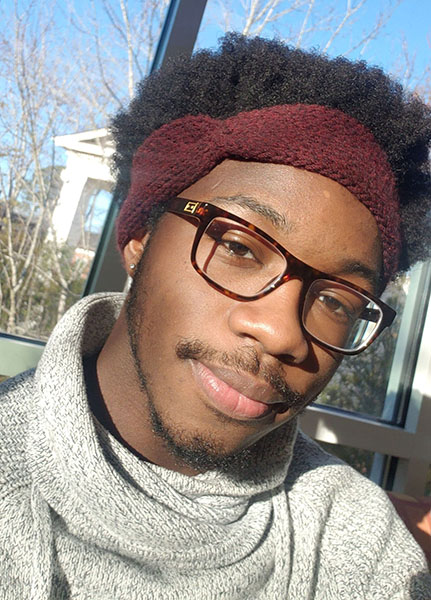When it comes to building a campus community, Oxford College prioritizes getting first-year students involved and connected as soon as they arrive on campus.
In their first semester, students enroll in a Discovery Seminar course, which serves as the first step in Oxford’s signature general education curriculum focused on discovery, exploration, and reflection.
The three-credit course allows students to work closely with each other in a seminar class led by a faculty mentor, who also serves as those students’ academic advisor for their two years on Oxford’s campus.
“It came about from the strategic plan in 2016,” says Professor of Psychology Catherine Bagwell, one of the founding faculty for the Discovery Seminar program. “This was the strategic plan that involved some changes to the curriculum and the big idea – or catchphrase – was ‘Discover, Explore, Reflect.’ The Discovery Seminars were the ‘Discover’ part of this.”
While Discovery Seminars have the goal of introducing students to Oxford’s curriculum, they differ from the average college orientation course. Discovery Seminars are just as rigorous as any other course offered on the Oxford campus, Bagwell emphasizes.
With only 16 students in each Discovery Seminar class, the community atmosphere is something that forms naturally.
“They really get to know their fellow classmates well and their teachers really well,” Bagwell says.
Because a student’s advisor is also their Discovery Seminar course instructor, building those relationships helps make sure they make the most out of their Oxford experience.
“In the past, it was more difficult for advisors and students to have regular and consistent contact,” Bagwell says. “There was no context, other than advising meetings, to get to know one another. Now, my advisees are a captive audience. They are in my class two times a week. I feel that I can be a better advisor to them and they feel more comfortable to come talk to me. That relationship is very important.”
Based on a variety of topics, students have the opportunity to choose a Discovery Seminar course that might be outside of their intended program of study. This opportunity helps students better discover what their interests may be.

Sarah Bekele
“The class in general was more interactive; we had more group discussions,” recalls Bekele, who hails from San Ramon, Calif. “It wasn’t a class that counted towards my major or anything so it was an opportunity to learn about something that I hadn’t explored before.”
Going into the class, Bekele was undecided on her major, but after taking Assistant Professor of Linguistics Jack Hardy’s “(Mis)Communication in the Digital Age” course, she decided on a joint major in linguistics and psychology.
“In choosing your Discovery Seminar course it’s important to choose something you’re interested in, but not necessarily something that you’re already going to be taking classes about,” she says. “Your Discovery Seminar gives you the chance to take a class that you wouldn’t necessarily take or that you wouldn’t have the opportunity to get into. I probably wouldn’t have taken a linguistics class if I hadn’t taken my Discovery Seminar course.”

Kenneth Wingate
“We obtained information in a different way,” Wingate says. “The way we set about it was a lot different than other course material – like reading a textbook or through assignments – but it was more of a process of actual discovery. Your professor leads you on the journey.”
Wingate, a double major in applied mathematics and chemistry, chose his Discovery Seminar course as something he would still be interested in, but outside of his intended program of study.
“It seemed like something where I could really further myself and learn new information,” he explains.
Learn more about Oxford’s Discovery Seminars.

